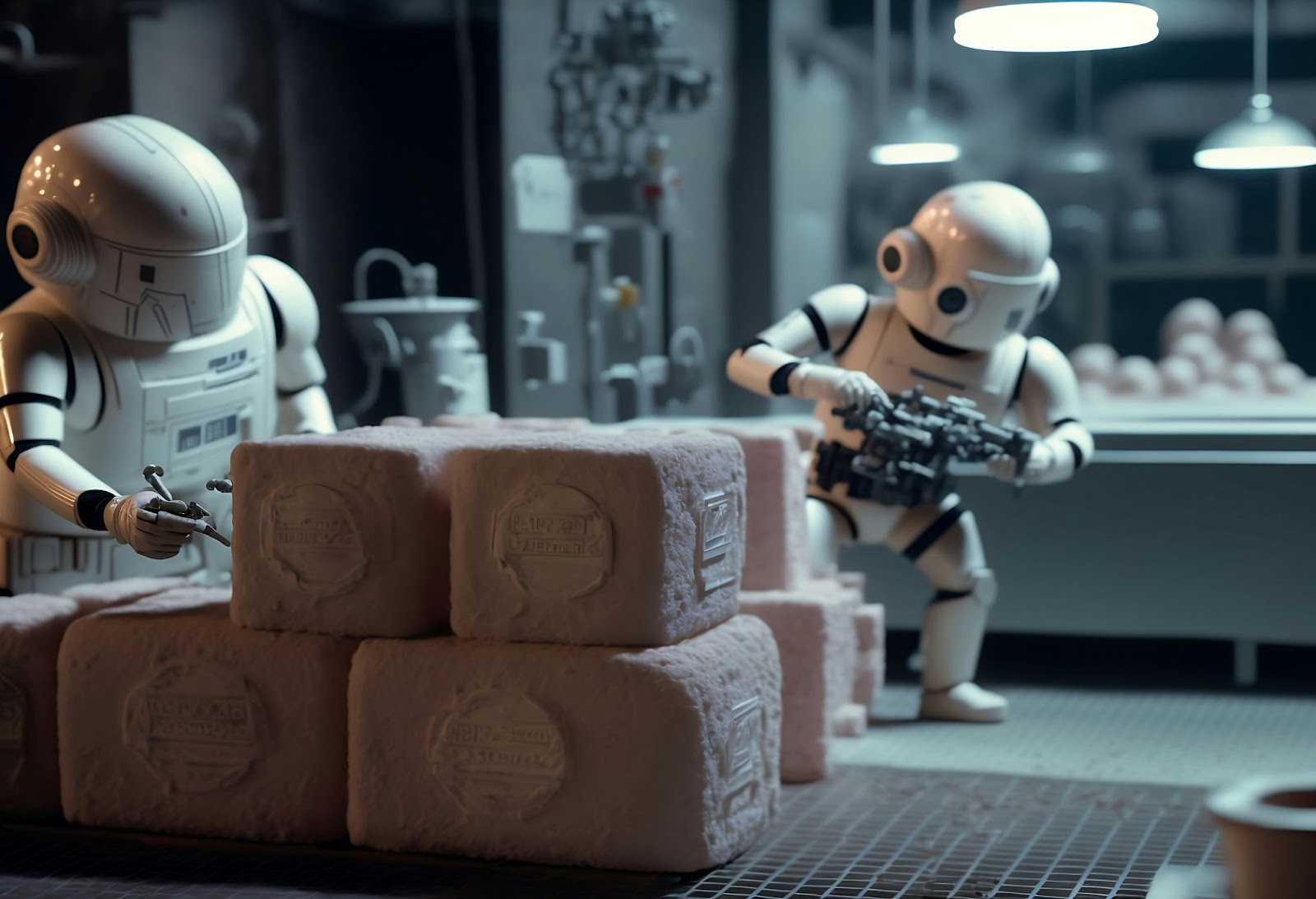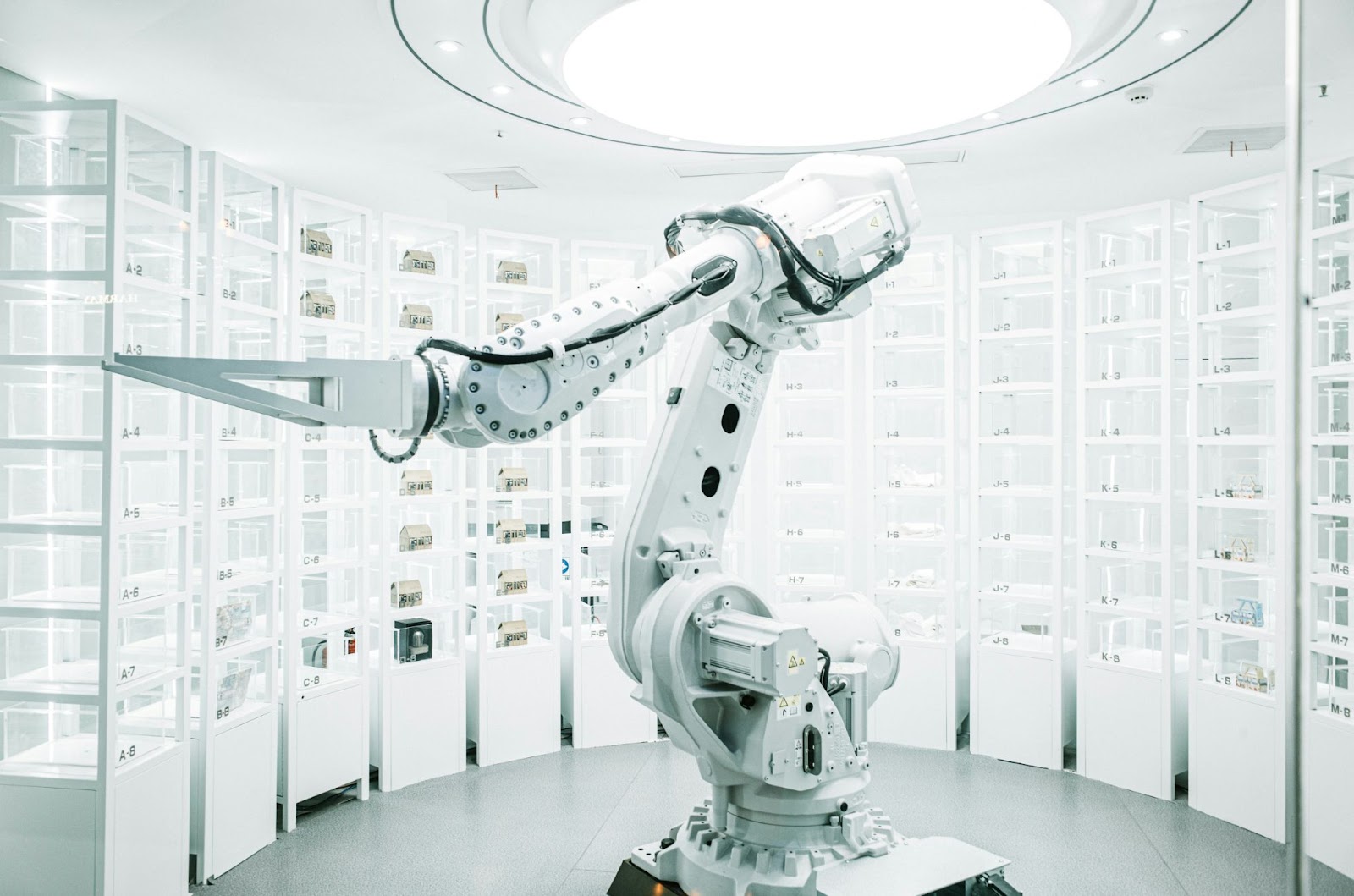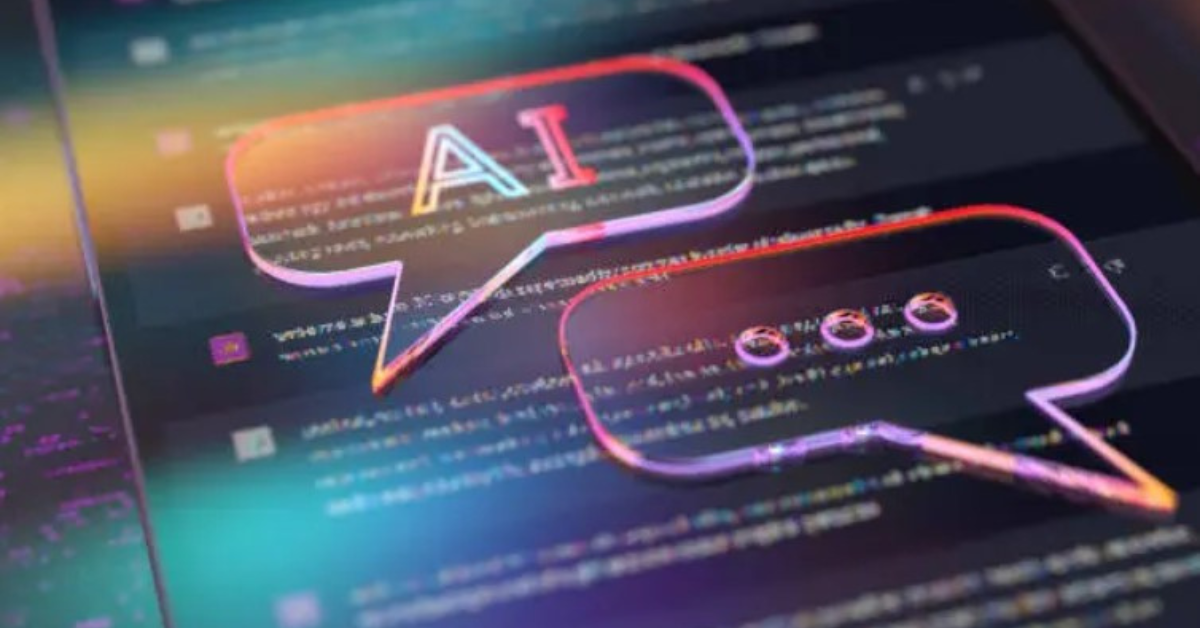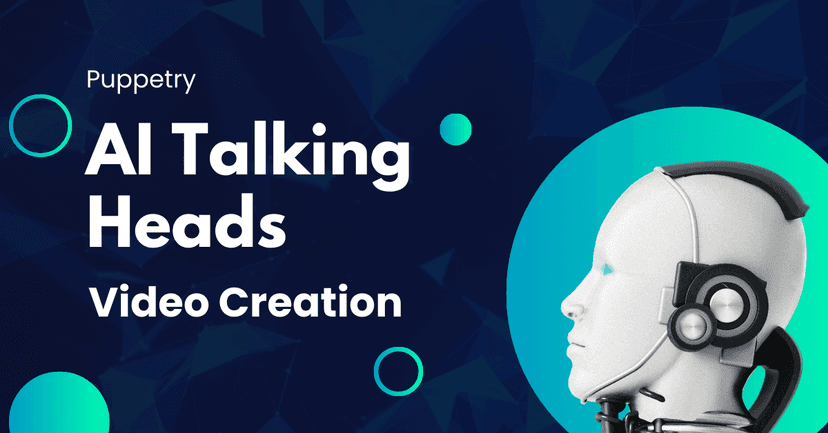If you’re a video creator or someone involved in video production, you might be wondering if AI will take over your job. Today, let’s dive and explore the impact of AI on video production. Will AI eventually replace your job?
Few technological advancements have been as polarizing as AI in video production.
On one end of the spectrum are proponents highlighting the technology’s ability to revolutionize the creative industry.
The opposing side forwards AI’s threat to jobs and the ethical concerns it poses.
While automation in video editing and other video production aspects has been around for several years, some facets of visual storytelling remain uniquely human.
Join us in exploring the ethical debate and answering a pervasive question at the back of the minds of video content creators nearly everywhere: “Will AI replace video editors?”
Fears & Misconceptions Of Video Creators About AI

Let’s examine the fears and misconceptions influencing the interface between creative jobs and AI technology.
Job loss
One of the strongest points forwarded by detractors against AI in creative industry applications is job elimination.
Many believe clients requiring videos for different purposes will refrain from hiring human video editors, scriptwriters, and animators because AI can perform these tasks efficiently.
Authenticity issues
AI replacing video jobs isn’t the only concern raised by video content creators.
They underscore AI-created videos' “soulless” nature, replacing authentic human emotions and intuition with formulaic trends and patterns.
Many believe AI videos look uncannily similar, substituting the humanity in such images with algorithms.
Misinformation and deepfakes
The lack of authenticity or genuineness raises ethical concerns AI video editing proponents must address.
For example, many images on Facebook and other social media are AI-generated, yet users think the characters are real people.
AI video creation ethics requires demarcating the line between reality and fiction. Otherwise, misrepresentation and distrust will prevail.
Homogenizes creativity
Comparing the creations of AI vs human video editors, one can easily recognize human-made videos and images because of nuances in form and style.
On the other hand, AI-generated videos tend to be nearly identical across creations because they use the same datasets.
It highlights AI’s perceived inability to create “new” things because the technology relies on historical data.
Human-made videos are more innovative because human video creators think forward.
How AI Can Assist, Not Replace, Human Video Creators

Although AI raises some ethical concerns, one cannot ignore this technology’s ability to make life easier for everyone, including video content creators.
Examining AI impact on video creators won’t be complete without understanding what it brings to the table.
Automates repetitive tasks
AI helps streamline tedious video production tasks, like applying color correction, organizing video clips, and recommending cuts based on video pacing.
It empowers video content creators to focus on projects requiring higher-level decisions.
Access to advanced video creation tools
AI in digital media careers can boost creativity by giving creators access to advanced tools, such as automated voiceovers, virtual actors, talking heads, musical score generation, visual effects, transitions, and advanced video editing processes, which are normally available in costly software.
Enhanced creative exploration
While AI-generated content relies on algorithms, it can facilitate creative exploration. AI bridges the gap between video production capabilities and creative vision, allowing creators to experiment freely.
Personalized audience engagement
Video creators must analyze their content’s performance to make appropriate tweaks. AI simplifies the process by providing actionable insights into viewer behavior and preferences.
The Human Touch: Things AI Can Never Replicate
Some facets of visual storytelling are uniquely human that no AI, no matter how advanced, can replicate (at least, for now).
Nuance and emotional depth
No machine can replicate empathy, human emotions, and personal experiences and weave them into videos that resonate with audiences and evoke strong emotions.
For instance, AI can never duplicate Quentin Tarantino’s or Martin Scorsese’s filmmaking genius and style.
Innovation and creativity
A clear difference between human video creation jobs and AI is innovative creativity.
While AI can create fascinating videos, it relies on historical data, including trends and patterns.
That’s not innovation. It’s not thinking outside the box and breaking conventions.
Ethical and moral judgments
AI in content creation ethics is a sensitive topic, and AI simply has no way of beating human content creators.
Although many world governing bodies now study ethics in artificial intelligence, determining right vs. wrong or appropriate vs. inappropriate remains a decision only humans can make. It requires reasoning and a closer examination of one’s beliefs.
Serendipity and interpersonal collaboration
Producing videos is a largely interpersonal process, where different teams collaborate to deliver a compelling output.
From videographers to editors, scriptwriters, storyboard artists, and post-production specialists, a single video is the sum of all the efforts of everyone working on the project.
AI cannot replicate complex interpersonal dynamics.
AI as a Partner in Creativity

While one cannot stop thinking about the future of video production jobs with the rise of AI, experts recommend looking at the technology not as a replacement but as a tool for empowering video content creators.
It is a partner in creativity and not a facilitator of AI job disruption in media.
Everything hinges on how video content creators use AI.
Integrating artificial intelligence into their creative work can empower video creators to boost productive efficiency while opening new possibilities for more innovative visual storytelling.
They might want to focus on AI’s assistive nature, especially its ability to automate repetitive tasks and access incredible tools.
Video content creators must realize and appreciate that artificial intelligence, despite its creative prowess, relies on historical inferences, has no emotions, and cannot distinguish right from wrong.
Human video creators can focus more on driving emotions into their video storytelling.
Focusing on empowering creative roles instead of replacing them, appreciating clear ethical guidelines in AI, and observing proper oversight can ensure a peaceful and harmonious coexistence between human creators and AI.
The outcome? Richer and more impactful stories.
Final Thoughts
Taking sides between human video content creators and artificial intelligence is next to impossible because one depends on the other and vice versa.
AI-generated videos require a human touch to make them more relatable and genuine, while human creators can leverage AI to make mundane, repetitive tasks less stressful.
The ethical dilemma centers on whether one should consider AI as a human replacement or merely a tool.
Favoring the latter can make life easier and more productive for human content creators. Ultimately, audiences benefit.


![How to Use AI for Coaching in 2024 [+ 6 AI Tools for Coaches]](/_next/image?url=%2Fimages%2Fhow-to-use-ai-for-coaching-I3Mz.png&w=828&q=75)
